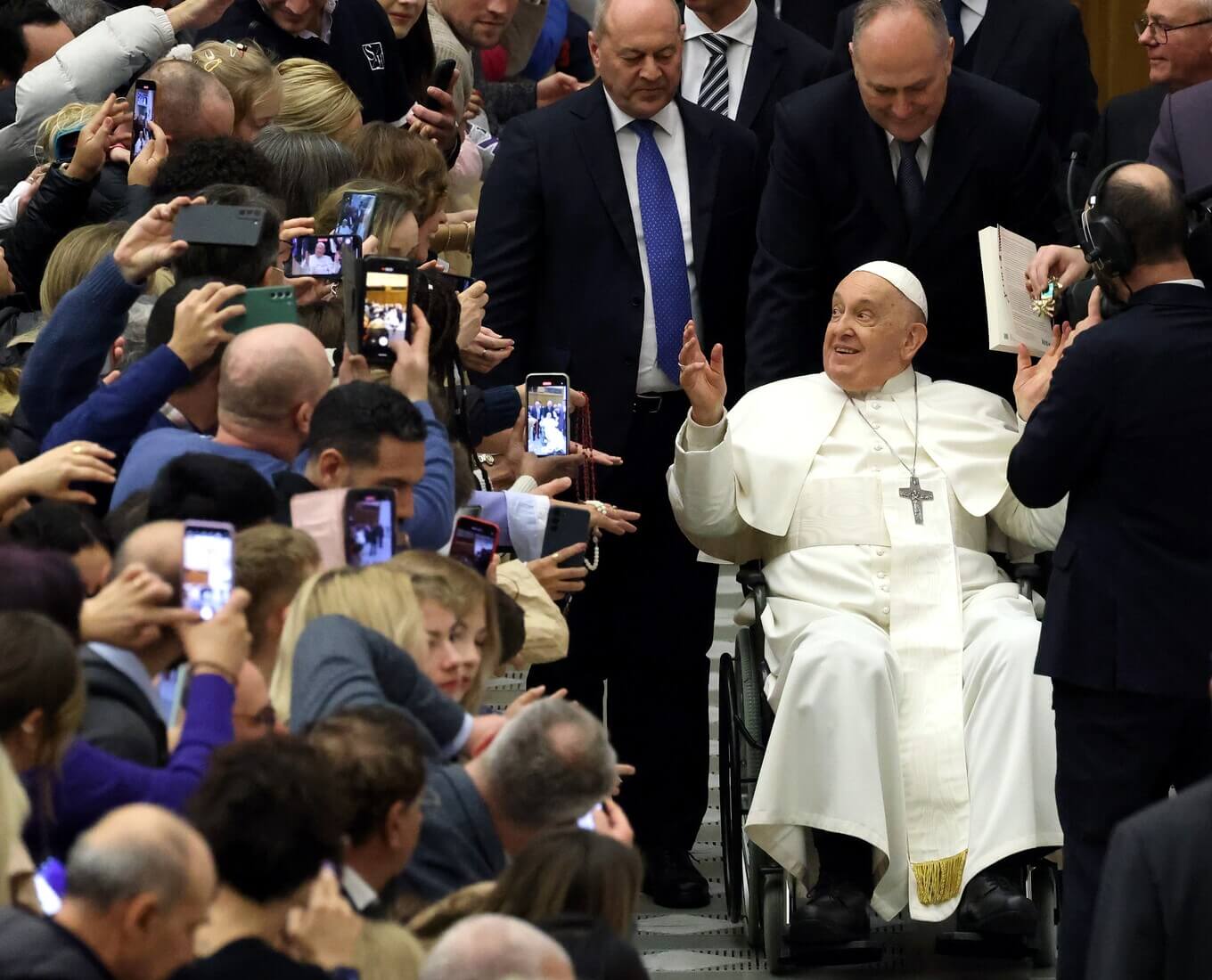WORCESTER, Mass. – Mika Natif, Andrew W. Mellon Postdoctoral Teaching Fellow in visual arts at the College of the Holy Cross, will give a lecture titled “Emperor Akbar and the Jesuits: Artistic Encounters Between Europe and Asia at the Mughal Courts of India” Monday, Nov. 24 at 4:30 p.m. in the Rehm Library. The lecture, sponsored by the president’s office and the Center for Religion, Ethics and Culture, is free and open to the public.
The lecture is part of the Presidential Colloquia on Jesuits and the Liberal Arts, a series of presentations that focuses on significant encounters between Jesuits and cultures around the globe, and considers their connection to the college’s Jesuit educational mission.
In the reign of Emperor Akbar the Great (d. 1605), paintings produced in Mughal India began to reflect the influence of European art. Brought to Akbar’s court by Jesuit missionaries, European works of art in 16th-century India possessed a distinct and contextually exotic Christian character. Indian styles in turn influenced European art. While Jesuit efforts to convert both Hindus and Muslims generally fell short of success, an artistic dialogue flourished.
Natif’s lecture will explore the fusion of Christian iconography in Mughal painting traditions, tracing the way European imagery was perceived and manipulated by Mughal patrons and Indian artists.
Natif received her B.A. from Tel Aviv University in Israel, an M.A. in Central Asian history at Indiana University, and an M.A. in art history (Islamic art and architecture) and a Ph.D. in art history at the Institute of Fine Arts, New York University. Before coming to Holy Cross, she was a visiting scholar in the Central Eurasian studies department at Indiana University, a visiting lecturer in the art and archaeology department at Princeton University and a Hagop Kevorkian Fellow in the Islamic art department at the Metropolitan Museum of Art in New York City. Lecturing throughout the U.S. and abroad, Natif specializes in Muslim art history, with particular emphasis on Central Asia, Iran and India in the post-Mongol era.
About The Center for Religion, Ethics and Culture:
Established in 2001 and housed in Smith Hall, the Center for Religion, Ethics and Culture provides resources for faculty and course development, sponsors conferences and college-wide teaching events, hosts visiting fellows, and coordinates a number of campus lecture series. Rooted in the College's commitment to invite conversation about basic human questions, the Center welcomes persons of all faiths and seeks to foster dialogue that acknowledges and respects differences, providing a forum for intellectual exchange that is interreligious, interdisciplinary, intercultural, and international in scope. The Center also brings members of the Holy Cross community into conversation with the Greater Worcester community, the academic community, and the wider world to examine the role of faith and inquiry in higher education and in the larger culture.
Scholar to Discuss Artistic Exchange Between 16th-Century Jesuits and Indian Imperial Court
Read Time
2 Minutes
